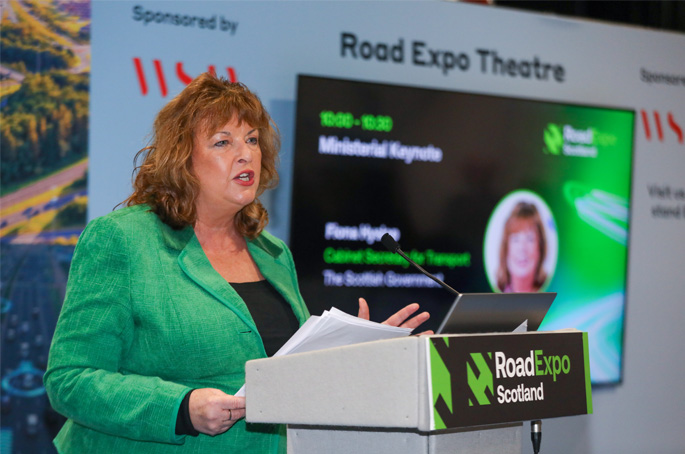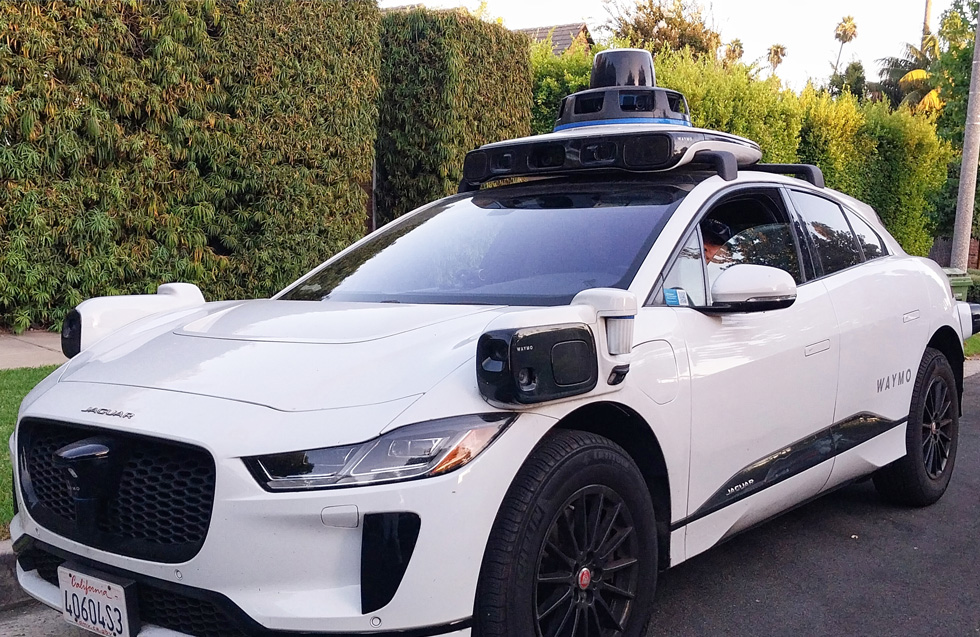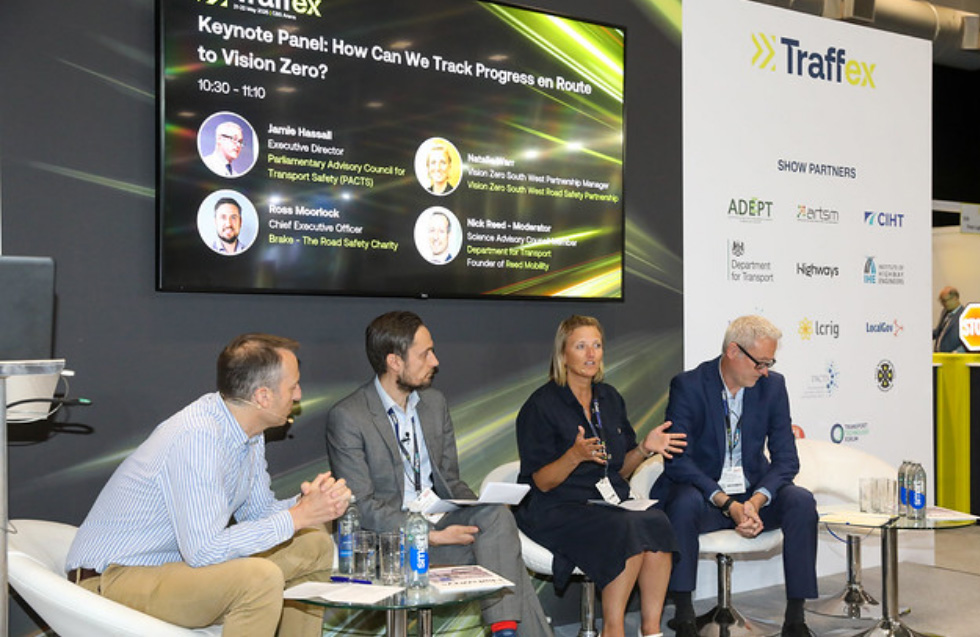- Demonstrate automated transport systems in a range of environments
- Explore the legal and technical changes required to introduce automated vehicles
- Explore the reactions of both pedestrians, drivers and other road users to automated vehicles.
Business Secretary Vince Cable said: "The UK is at the cutting edge of automotive technology. It’s important for jobs, growth and society that we keep at the forefront of innovation, that’s why I launched a competition to research and develop driverless cars. The projects we are now funding in Greenwich, Bristol, Milton Keynes and Coventry will help to ensure we are world-leaders in this field and able to benefit from what is expected to be a £900 billion industry by 2025. The government’s industrial strategy is backing the automotive sector as it goes from strength to strength, we are giving business the confidence to invest over the long term and developing cutting-edge technology that will create high skilled jobs."
Project lead Dr Nick Reed said: “The innovative GATEway project will help place the UK at the forefront of the rapidly emerging sector of research and development related to automated vehicles. Through the strengths of the consortium and the project location within Greenwich – at the heart of the UK’s only globally recognised megacity, we can start addressing the technical, societal and legal barriers to automated vehicles and create a world class, technology-agnostic testing environment to help deliver the future of urban mobility.”Transport Minister Claire Perry added: “Driverless cars are the future. I want the UK to be open-minded and embrace a technology that could transform our roads and open up a brand new route for global investment.“The breadth of public and private sector involvement in the GATEway project is testament to the potential of driverless cars and how much we stand to gain from testing them further. I want to thank the Greenwich team for all the work they have done so far and I will be watching the trials with interest.”Further trials, being led by three consortia and supported by government funding, will take place in Bristol, Milton Keynes and Coventry. They will last from 18 to 36 months, and will assess how driverless vehicles function in everyday life on public roads and their scope for making road travel safer and more sustainable.The next step is for the government to introduce a code of practice which will provide industry with the framework they need to trial cars in real-life scenarios, and to create more sophisticated versions of the models that already exist. This code of practice is scheduled for publication in spring 2015.Visitors to last year's Seeing is Believing were able to see self-driving cars in action. The biennial event will return to Bruntingthorpe Proving Ground in Leicestershire next year from 9-10 November. You can read a review of the 2014 event and find out more about self-driving cars here.
























